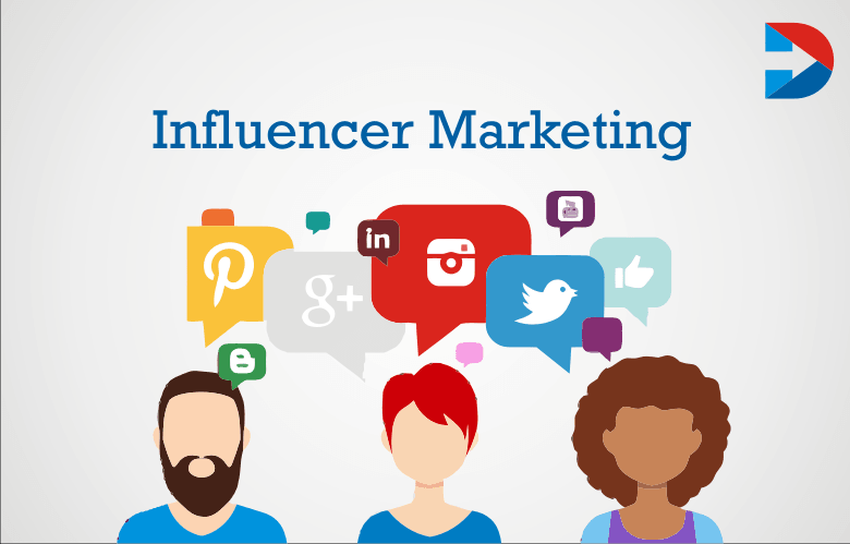
Event Marketing in the Digital Age: Reaching Your Audience
In an era where digital technology has transformed every aspect of our lives, the way we approach event marketing has also undergone a significant evolution. The digital age has brought with it new tools, strategies, and opportunities for reaching and engaging our target audiences in ways that were previously unimaginable. Event marketing in the digital age has become not just a necessity but a dynamic and creative process that holds the potential to make your events stand out in a crowded marketplace.
1. The Power of Online Presence
One of the most fundamental changes in event marketing in the digital age is the importance of having a strong online presence. Your website, social media profiles, and email campaigns are the cornerstones of your digital marketing strategy. When it comes to events, a well-designed and user-friendly website serves as the central hub for information about your event. It’s where potential attendees go to find details, purchase tickets, and get excited about what’s to come. Your website should be informative, visually appealing, and mobile-friendly to ensure it caters to a wide audience.
Social media, on the other hand, has revolutionized the way events are promoted. Platforms like Facebook, Twitter, and Instagram allow you to create event pages, post engaging content, and interact with your audience in real-time. The use of event-specific hashtags can help generate buzz and connect with potential attendees. Social media also provides an excellent platform for user-generated content, as attendees can share their experiences and generate excitement leading up to the event.
Email marketing remains a powerful tool for event promotion. It allows you to target your audience directly with personalized messages and updates about your event. Through email campaigns, you can keep potential attendees informed about event details, speakers, and any last-minute changes. The digital age has made it easier than ever to segment your email list and tailor your messages to specific audience segments, ensuring that your event marketing efforts are more effective.
2. Data-Driven Decision Making
In the digital age, data is king, and event marketing is no exception. The ability to gather and analyze data on your target audience has become a game-changer in event marketing. With the right tools, you can track the online behavior of potential attendees, such as the content they engage with on your website, the emails they open, and the social media posts they interact with.
This data allows you to make informed decisions about your event marketing strategy. For instance, you can identify which social media platforms your audience is most active on, which content resonates with them, and at what times they are most likely to engage with your posts. Such insights enable you to allocate your resources more effectively, focusing on the channels and content that deliver the best results.
Moreover, data-driven decision-making allows you to optimize your event registration process. By analyzing the registration funnel, you can identify bottlenecks or drop-off points where potential attendees abandon the process. With this information, you can make necessary adjustments to improve the user experience and increase conversion rates.
3. Leveraging Influencer Marketing
In the digital age, influencer marketing has emerged as a powerful tool for promoting events. Influencers, who have amassed a significant following on platforms like Instagram and YouTube, can help you reach a broader and more engaged audience. Partnering with influencers who align with your event’s theme or target audience can be incredibly effective.
Influencers can create engaging and authentic content about your event, reaching their followers with a personal touch that traditional marketing methods often lack. Their endorsement can lend credibility to your event, making it more appealing to their fans. When selecting influencers to collaborate with, consider factors like their reach, engagement rate, and whether their followers match your event’s target demographic.
4. Virtual Events and Hybrid Approaches
The digital age has brought about a surge in virtual events, and they have become a valuable addition to the event marketing toolbox. Virtual events can reach a global audience and provide unique opportunities for engagement. These events can take various forms, including webinars, live streams, and virtual expos.
A hybrid approach, combining both in-person and virtual elements, has also gained popularity. Hybrid events allow you to reach a wider audience, including those who may not be able to attend in person. They offer flexible options for attendees, making it easier to cater to different preferences and circumstances.
For event marketing in the digital age, it’s essential to promote virtual and hybrid events effectively. Utilize dedicated landing pages and registration systems for online attendees, and ensure that the digital experience is as engaging and interactive as possible. Virtual events can include chat features, Q&A sessions, and networking opportunities to keep participants connected and engaged.
5. Engaging Content Marketing
Content marketing is a crucial component of event promotion in the digital age. High-quality and relevant content not only attracts potential attendees but also keeps them engaged and informed. Content can come in various forms, including blog posts, videos, podcasts, and infographics.
Creating a blog on your event website can help you establish authority in your industry and keep potential attendees informed about event details, such as speakers, schedules, and topics. Videos and podcasts can provide a dynamic way to share information and build excitement. Infographics are excellent for presenting key data and statistics in a visually appealing format.



